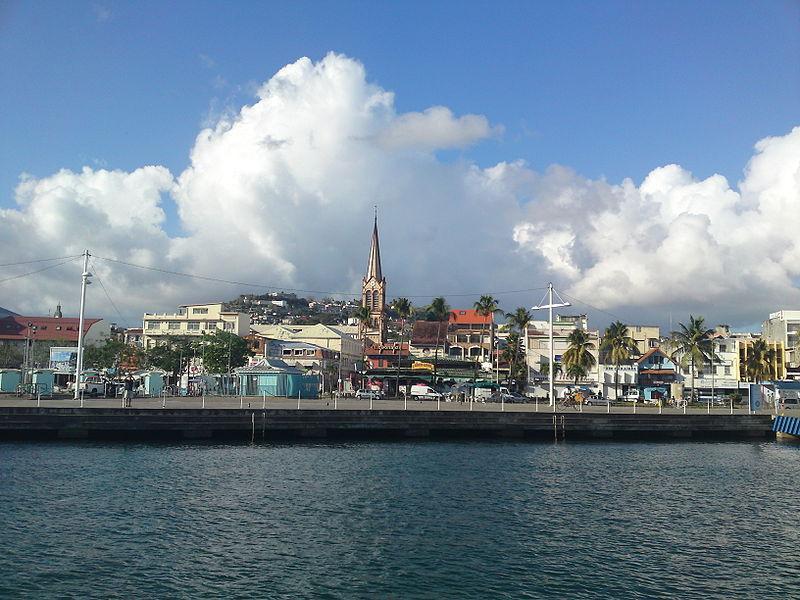Fort-de-France, Fort-de-France, Martinique
Suggest Place to Visit
2195
Track to location with GPS |
 |
While the Caribs preferred the wind side (Atlantic coast), the establishment of French settlers has been developing since 1635 in the zone protected from the wind (Caribbean coast).
The French presence on the island began in Saint-Pierre, when Fort Saint-Pierre was built at the mouth of the Roxelane river. However, soon the settlers became interested in ´´the entrance to the largest bay on the island´´, and they built a fort with a stockade which they called Fort-Royal.
In a context of conflict with the Caribs, the Dutch and the English, the settlement of Fort Saint Louis shows its importance despite the unsanitary environment of the nearby marshy areas. Indeed, the square is easy to defend and is sheltered from storms, which is not the case in Saint-Pierre. It is therefore decided to build a city in Fort Saint Louis, also called Fort-Royal, whose Creole pronunciation will give its inhabitants their name: Foyalese.
Fort-de-France is a French city located in the overseas department of Martinique. Its inhabitants are known as Foyaleses.
Development of the city and rivalry with Saint-Pierre
However, the decision to establish a city in such a hostile location was not unanimous. The mobility of the soil hampered construction and the proximity of the marshy areas caused high mortality due to malaria. In addition, various natural or human catastrophes destroy the city on several occasions:
On January 11, 1839, an earthquake devastated the city.
On June 22, 1890, a great fire destroyed three-quarters of the colonial city, practically all of the 1,600 wooden houses built to prevent the consequences of future earthquakes, the market and the cathedral.
On August 18, 1891, a cyclone struck the city, causing more than 400 deaths.
Finally Fort-de-France, administrative and military city, suffers from the competition of Saint-Pierre, more populated and richer thanks to trade.
But, by ironies of fate, a natural catastrophe would also consecrate Fort-de-France in its role as the island's first city: the eruption of Mount Pelée, which devastated Saint-Pierre on May 8, 1902.
Fort-de-France in the 20th century
The eruption of Mount Pelée will consecrate Fort-de-France as an island city. New neighborhoods are being cleaned up and built, giving the city its current appearance. In forty years, the population triples, going from 16,000 in 1894 to more than 52,000 in 1936, and to 66,000 in 1946 to reach 94,000 in 2003, which is more than 40% of the island's inhabitants.
The Schoelcher Library.
Fort Saint-Louis.
Saint-Louis cathedral.
The garden of the Savane.
The justice palace.
The statue of Empress Josephine.
The church of Redoute.
The Montmartre basilica of Balata.
The floral park.
Comments
We don´t have yet any comments about:
Fort-de-france
Fort-de-france
Be the first to leave a comment as it is very important to inform other people
Outros locais a visitar
Within a radius of 20 km from:Fort-de-france
Musée Départemental d'Archéologie et de Préhistoire de la Martinique |
| 0,0 Km |
 |
Musée Régional d'Histoire et d'Ethnographie |
| 0,0 Km |
 |
St. Louis Cathedral |
| 0,7 Km |
 |
Schoelcher Library |
| 0,7 Km |
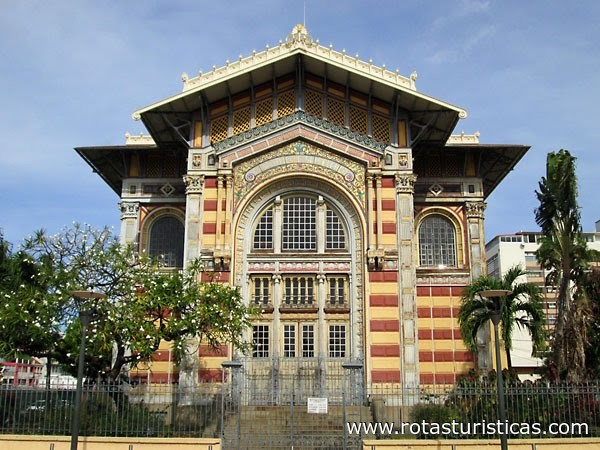 |
Fort-de-France Cathedral |
| 0,8 Km |
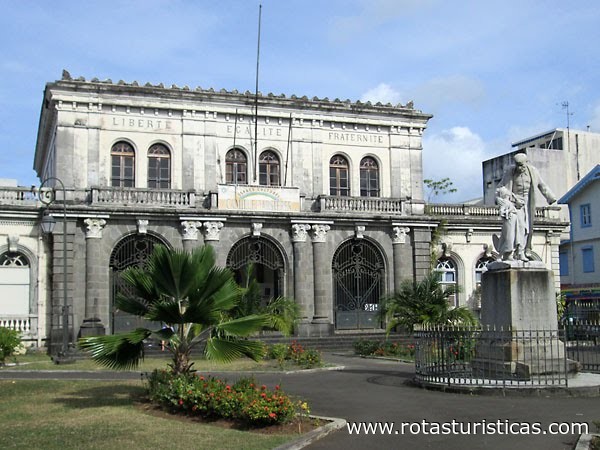 |
Catedral de Saint-louis de Fort-de-France |
| 1,0 Km |
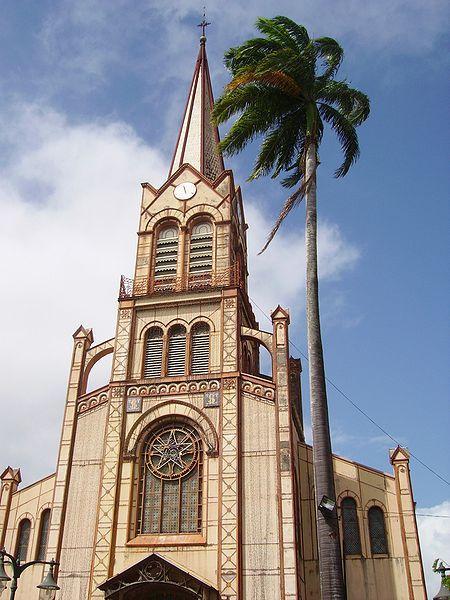 |
Jardin de Balata |
| 7,3 Km |
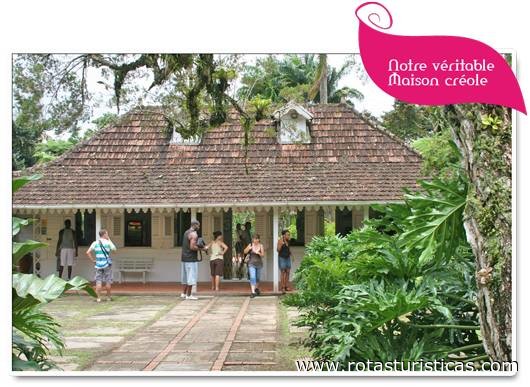 |
Hotel reservation near Fort-de-france within a radius of 20 km
Why to book with RUTAS TURISTICAS
The best prices
Our partnerships with the world´s largest operators offer research on the best market prices.
More options
At Rotas Turisticos you can book the hotel, buy the air ticket, book the transfer from the airport to the hotel and vice versa, book the local excursions, rent the car, take travel insurance and consult the places to visit and where to go.
Holiday Tips & Destinations
Hundreds of holiday destinations with all the options that allow you to easily choose the destination that best suits your dream vacation.
RUTAS TURISTICAS
Links


